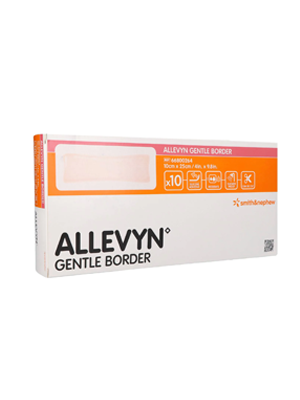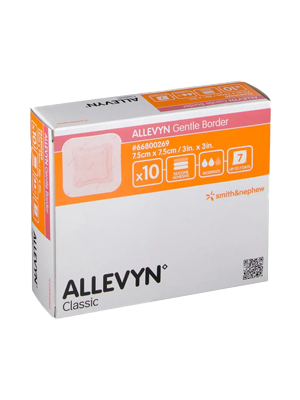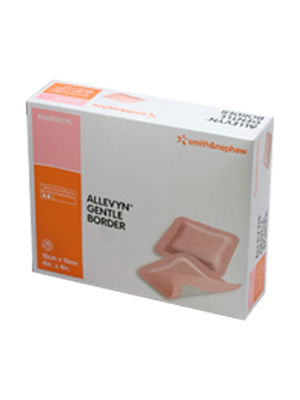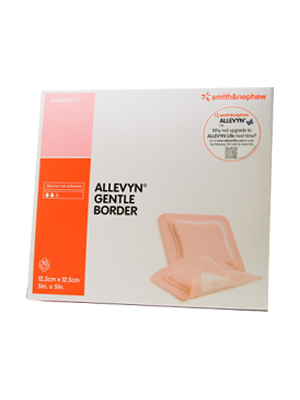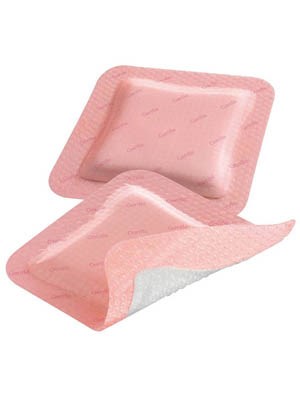-
PRODUCTS
- Anaesthesia & Respiratory
- Baby
- Casting
- Continence Care
-
Diagnostic
- See all Diagnostic
- Accessories
- Bladder Scanner
- Blood Testing
- Breathalyzer
- Cholesterol Testing
- Covid Testing
- Dermatoscope
- Diabetes Monitoring
- Drug Testing
- Endoscopy
- Eye Ear Nose & Throat
- Height Measures and Charts
- INR
- Jars and Containers
- Medical and Surgical Instruments
- Parts and Accessories
- Scales
- Testing
- Urinalysis
- Womens Health
- Ear Irrigation
-
Equipment
- See all Equipment
- "Miscelllaneous, Parts and Accessories"
- Beds
- Blood Collection Chair
- Bracket & Dispensers
- Carts & Trolleys
- Cryosurgery
- Electrosurgery
- Examination Couches & Tables
- Fridge & Freezers
- IV Stands
- Laundry & Cleaning Trolleys
- Miscellaneous
- Play Panels
- Privacy Screens and Curtains
- Stools and Step Ups
- Tens
- Transferring & Patient Handling
- Waste Disposal
- X-Ray Viewers
-
General Consumables
- See all General Consumables
- "Couch Rolls, Protectors & Underpads"
- "Registers, Records and Certificates"
- Bags Assorted
- Batteries
- Blankets
- Blankets and Warmers
- Bracket
- Child Rewards
- Containers
- Cups
- Dr Bags
- Ear Piercing
- Episcope
- Feminine Hygiene
- First Aid and Trauma
- Gels and Lubricants
- Identification
- Linen
- Marker
- Miscellaneous
- Ostomy
- Paper and Printing Consumables
- Paper Products
- Parts and Accessories
- Personal Care
- Pill Cutters and Crushers
- Ultrasound Gel
- Wooden Applicators
- Gloves
- Hand & Body Hygiene
-
Infection Prevention & Control
- See all Infection Prevention & Control
- Absorbent Powder
- Bedpans & Urinals
- Caps
- Containers
- Dispensers
- Eye Protection
- Face Masks
- Hand Hygiene
- Miscellaneous
- Parts & Accessories
- Protective Apparel
- Scrubs
- Spill Kit
- Surface Cleansers & Wipes
- Surgical Packs & Drapes
- Toileting & Waste Disposal
- Tray Liners
- Wipes and Skin Protection
- Intravenous Infusion & Administration
-
Medical & Surgical Instruments
- See all Medical & Surgical Instruments
- Biopsy Punch
- Chiropody Pliers & Podiatry
- Cleaning and Protection
- Curettes
- Dental Syringe
- Dilator
- Ear Irrigation
- Forceps
- Hammer
- Male Health
- Marker
- Miscellaneous
- Nasal Speculum
- Needle Holder
- Pack
- Probe
- Retractor
- Ring Cutter
- Scalpel Handles & Blades
- Scissors
- Skin Hook
- Sucker
- Tuning Forks
- Uterine Curettes & Sounds
- Medical Lighting
- Medical Lighting
- Needles & Syringes
- Nutritional Support
- Oral Care
- Patient Monitoring
-
Pharmaceuticals
- See all Pharmaceuticals
- Alimentary
- Anaesthetic
- Analgesia
- Antihistamines
- Cardiovascular
- Central Nervous System
- Creams and Ointments
- Endocrine & Metabolic
- Eye Ear Nose & Throat
- Infections & Infestations
- Miscellaneous
- Musculoskeletal
- Nutrition
- Ointment Products
- Other
- Register
- Respiratory
- Skin
- Solutions
- Rehabilitation & Mobility
- Skin Care
- Sports & Recovery
-
Sterilisation
- See all Sterilisation
- Autoclaves
- Biological Indicators and incubators
- Chemical Indicator Tapes
- Chemical Indicators and Integrators
- Cleansing Solutions & Detergents
- Instrument Protector
- Labels
- Marker
- Paper and Printing Consumables
- Parts & Accessories
- Record Keeping Supplies
- Steam Indicator Sheets and Tests
- Sterilisation Pouches & Rolls
- Towels and Cloths
- Trays and Bowls
- Ultrasonic Cleaners
- Water
- Wraps
- Sutures & Skin Closures
- Urology
- Vaccines
- Wound Care
- Wound Management
- Brands
- News & Updates
What is Stop PI Day?
Stop PI Day, also known as Worldwide Pressure Injury Prevention Day, is observed annually on the third Thursday of November. In 2025, this significant day will fall on November 20. The primary objective of Stop PI Day is to enhance awareness and promote the prevention and management of pressure injuries (PIs) in healthcare settings. Free on-demand webinar: Module: Myth Busters Special Edition: Stop Pressure Ulcer Day.
Pressure injuries occur when prolonged pressure on the skin, particularly over bony areas, impairs blood flow, leading to skin damage and potential open sores. These injuries manifest as bed sores, pressure sores, or pressure ulcers and are particularly prevalent among individuals with limited mobility due to injury, illness, or medical devices such as braces and splints. The rapid onset of PIs can result from extended periods of sitting or lying in one position, and their healing process can be prolonged, often resulting in significant pain and additional health complications.
Why is Stop PI Day Important for Australian Communities?
In Australia, raising awareness about pressure injuries is critical, given the demographics of our population. Those at heightened risk include older adults, individuals who are overweight or underweight, those with limited mobility, and patients experiencing incontinence. Additionally, individuals with chronic conditions such as diabetes face an increased susceptibility to pressure injuries.
With Australia experiencing a growing elderly population and rising obesity rates, the prevalence of pressure injuries is a pressing concern. Early intervention and education are essential to prevent these injuries, ultimately reducing hospital admissions, lowering healthcare costs, and preserving both emotional and physical well-being.
How Can You Prevent Pressure Injuries?
While pressure injuries can be long-lasting, they are largely preventable. Emphasising prevention is crucial in healthcare practice. Here are some effective strategies:
Change Positions Regularly: Encourage patients to shift their weight frequently; seek assistance for those with limited mobility.
- Maintain Skin Hygiene: Keep the skin clean and dry to prevent moisture-related damage.
- Prompt Cleaning: Immediately clean skin after bladder or bowel movements to reduce irritation.
- Use Protective Dressings: Apply specialised dressings on at-risk areas to shield the skin.
- Invest in Support Surfaces: Utilise specialized mattresses and cushions designed to alleviate pressure.
- Practice Good Skin Care: Regularly assess and care for skin integrity.
- Seek Professional Guidance: Contact healthcare providers at the first sign of symptoms to ensure timely intervention.
How You Can Help
Your role as a healthcare professional is crucial in the fight against pressure injuries. By spreading awareness, educating patients and families, and implementing preventive measures, you can make a significant impact in your community.
Want to Learn More?
For additional resources and products related to pressure injury prevention, please click the links below.
Allevyn Gentle Border Range
Newsletter
Please enter your email address to subscribe to our newsletters.






